Finding the Power in Your Voice: A Key to Personal and Professional Success
Whether navigating personal relationships or climbing the professional ladder, being direct and clear in your communication is crucial. In a world filled with noise, finding and using your voice can be a powerful tool for achieving your goals and making an impact. Your voice is your most authentic tool; harnessing its power can bring you closer to what you want in life.
The Importance of Using Your Voice
Using your voice is more than just speaking up; it’s about expressing your true self and desires clearly and confidently. When you communicate directly and assertively, you can influence outcomes, build stronger relationships, and create opportunities for yourself. Here are a few reasons why using your voice is essential:
- Clarity and Understanding: Clear communication helps prevent misunderstandings and ensures your message is received as intended.
- Confidence and Authority: Speaking up assertively demonstrates confidence and establishes you as a person of authority and credibility.
- Empowerment and Respect: Using your voice empowers and encourages others to respect your opinions and ideas.
- Goal Achievement: Clearly expressing your goals and desires can help you align your actions and decisions with your objectives, making it easier to achieve them.
Helpful Hints to Find the Power in Your Voice
1. Know Your Worth
Understanding your value is the first step in finding your voice. Recognize your skills, experiences, and unique perspectives. When you know your worth, you can speak with confidence and assertiveness.
2. Practice Self-Reflection
Spend time reflecting on your thoughts and feelings. Journaling can be a great way to clarify your ideas and understand your emotions. Self-reflection helps you articulate your thoughts more clearly when it’s time to speak up.
3. Start Small
If you’re not used to speaking up, start with small steps. Practice in low-stakes situations, like sharing your opinion casually or volunteering for small tasks. Gradually, you’ll build confidence to tackle more significant challenges.
4. Be Prepared
Prepare for meaningful conversations or presentations. Outline your key points and practice delivering them. Being well-prepared helps you communicate more effectively and reduces anxiety.
5. Listen Actively
Active listening is a crucial part of effective communication. Please pay attention to others, understand their perspectives, and respond thoughtfully. This builds mutual respect and makes your voice more impactful.
6. Use Positive Self-Talk
Replace negative self-talk with positive affirmations. Remind yourself that your voice matters and you have valuable contributions. Positive self-talk boosts your confidence and encourages you to speak up.
7. Seek Feedback
Ask trusted friends or mentors for feedback on your communication style. Constructive criticism can help you improve and become more effective in using your voice.
8. Stay Authentic
Authenticity is critical to powerful communication. Speak from the heart and stay true to your values. People are more likely to listen and respect your voice when you are genuine.
Your voice is a powerful tool for achieving personal and professional success. Using your voice confidently allows you to express your true self, influence outcomes, and reach your goals. Remember, finding the power in your voice takes practice and self-awareness, but the rewards are well worth the effort. Start small, stay authentic, and watch as your voice helps you get closer to what you want.





